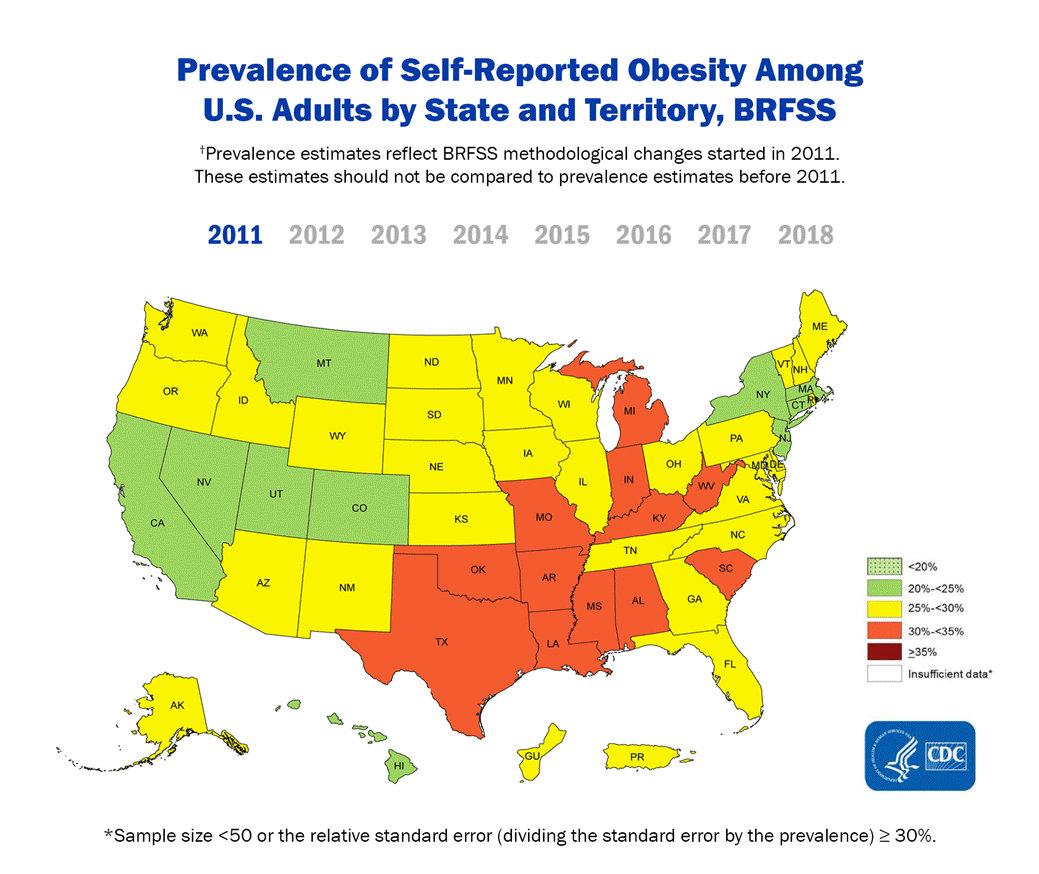
Welcome
Eating Behaviors Research Clinic: Psychology Department at Florida State University
What are eating disorders?
Diagnoses in the DSM emerge from a combination of clinical observation, empirical research, and expert consensus.
Dr. Keel identified and characterized Purging Disorder which was included in the DSM-5 as an Other Specified Eating or Feeding Disorder. The Void Inside: Bringing Purging Disorder to Light describes everything we and others have learned about purging disorder and was released by Oxford University Press on July 31, 2020.


What happens to individuals with eating disorders?
To fully appreciate the consequences of eating disorders, we have to study their impact on people’s lives over extended durations of follow-up.
Dr. Keel has conducted multiple long-term follow-up studies of individuals with anorexia nervosa, bulimia nervosa, and more recently purging disorder.

Among these studies, Dr. Keel leads an ongoing epidemiological and longitudinal study of successive cohorts drawn from Harvard University in 1982, 1992, 2002, and 2012 and followed repeatedly at 10-year intervals.
What contributes to the development and maintenance of eating disorders and body image disturbance?
No single factor can explain why someone has an eating disorder. Using a range of methodologies, Dr. Keel has examined various sources of influence including social media, weight suppression (WS), ovarian hormones, gut peptides, genetics, reward value, and reward satiation.


Weight Suppression (WS) is the difference between a person's highest lifetime weight and current weight. Greater WS predicts both the onset and maintenance of bulimic eating disorders.
Contact Us
Address:
Eating Behaviors Research Clinic
Florida State University
1107 West Call St, A413
Tallahassee, FL 32304